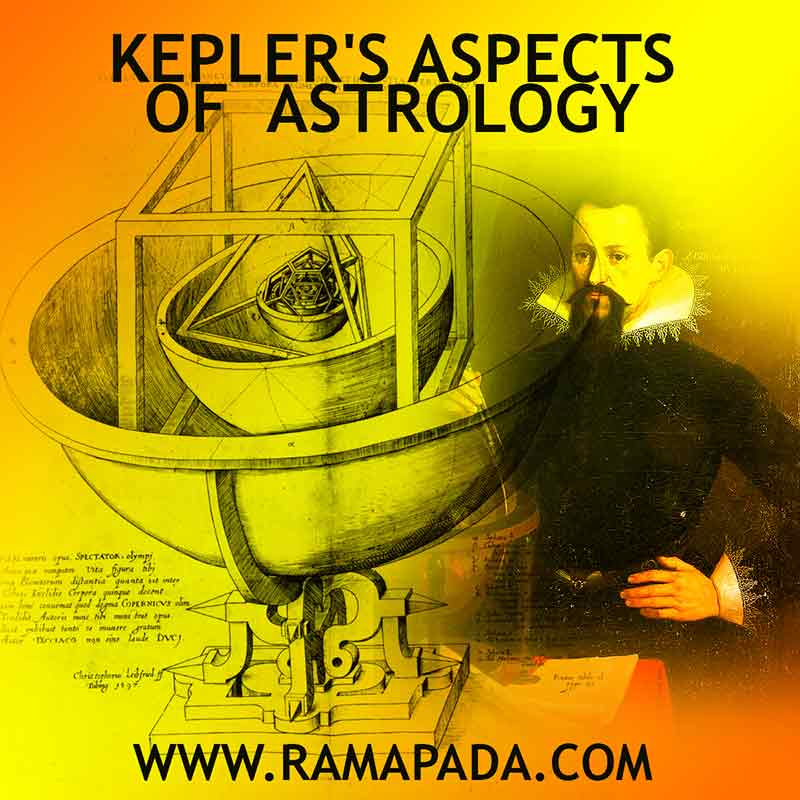Johannes Kepler, the astronomer who revolutionized our understanding of planetary motion, also had a deep fascination with astrology. Unlike many of his contemporaries who relied on vague predictions, Kepler sought a scientific basis for this ancient practice. Keplers Aspects is the key contribution lies in his concept of astrological aspects.
The Music of the Spheres:
Kepler believed the celestial bodies exerted an influence on Earth not through mystical forces, but through a harmonious interplay of angles between them. He envisioned the cosmos as a grand symphony, with the planets acting as celestial musicians. The angles formed by these moving bodies, known as aspects, created different harmonies, leading to specific earthly effects.
Keplers Aspects:
In his book Harmonice Mundi (Harmony of the World), Kepler identified 13 major aspects based on simple mathematical ratios found in music and geometry. These ratios, like 1:1 (conjunction), 1:2 (opposition), and 3:4 (quartile), represented the angles between planets in the zodiac. Keplers Aspects, had a distinct astrological influence, ranging from the harmonious trine (1:3) to the tense opposition (1:2).
Beyond the Zodiac:
Kepler’s focus on aspects differed from traditional astrology, which placed heavy emphasis on the zodiac signs. He believed the aspects formed by the planets themselves held greater significance in shaping earthly events. This approach aimed to provide a more nuanced and dynamic understanding of astrological influences.
The Legacy of a Scientific Astrologer:
While modern science has largely rejected astrology, Kepler’s concept of aspects remains a fascinating historical bridge between astronomy and astrology. His attempt to find a mathematical basis for astrological influences foreshadowed later scientific endeavors to understand the Sun’s impact on Earth’s climate, a concept with strong parallels to Kepler’s ideas.
Further Exploration:
For those interested in learning more about Kepler’s astronomical and astrological pursuits, consider delving into his works like Harmonice Mundi or exploring scholarly articles on Kepler’s views on astrology.

